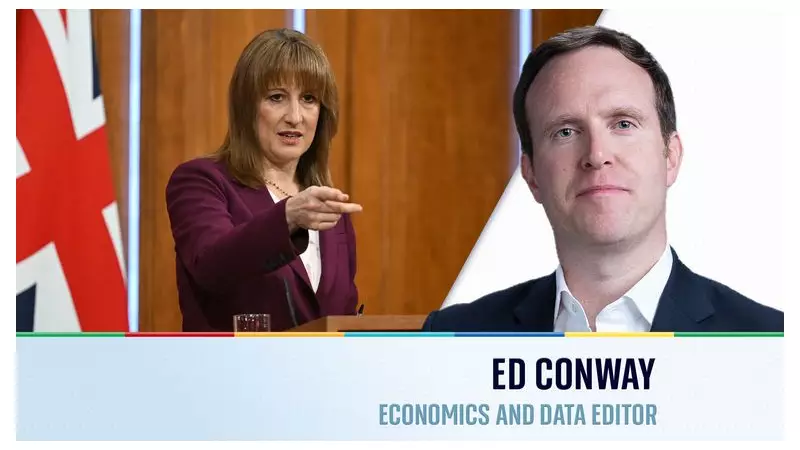
In her first major confrontation with economic realities, Chancellor Rachel Reeves has sparked controversy by predominantly attributing Britain's current financial challenges to the errors of previous administrations. The newly appointed Labour minister finds herself in the political hot seat, facing tough questions about accountability and leadership.
The Blame Game in Westminster
Reeves' approach has drawn criticism from political opponents and analysts who argue that while acknowledging inherited problems is reasonable, a sitting Chancellor must also demonstrate ownership of current solutions. The tension highlights the delicate balance new governments face when taking office during economically turbulent times.
A Familiar Political Dilemma
This scenario echoes a classic Westminster pattern: incoming administrations highlighting the shortcomings of their predecessors while gradually assuming responsibility for ongoing governance. However, observers note that Reeves' stance risks appearing overly defensive at a time when economic confidence remains fragile.
The Chancellor's predicament raises fundamental questions about political accountability:
- How long can new ministers reasonably blame previous governments?
- At what point does responsibility transfer to the current administration?
- What measures demonstrate genuine ownership of economic challenges?
Navigating Economic Headwinds
Behind the political rhetoric lies the substantial challenge of managing Britain's complex economic landscape. With inflationary pressures, public spending constraints, and global economic uncertainty, the Treasury faces difficult decisions that will inevitably attract criticism regardless of their direction.
The Chancellor's team maintains that recognizing the scale of inherited problems is essential for implementing effective solutions, while critics argue that leadership requires quicker assumption of responsibility for outcomes.
The Path Forward
As Reeves settles into her role at Number 11 Downing Street, the political and economic communities watch closely. Her ability to transition from criticizing past decisions to delivering positive economic results will likely define her tenure and influence public perception of the government's economic competence.
The coming months will reveal whether the Chancellor can transform her critique of previous "mistakes" into a coherent strategy that addresses Britain's economic challenges while establishing her own legacy of fiscal responsibility.





